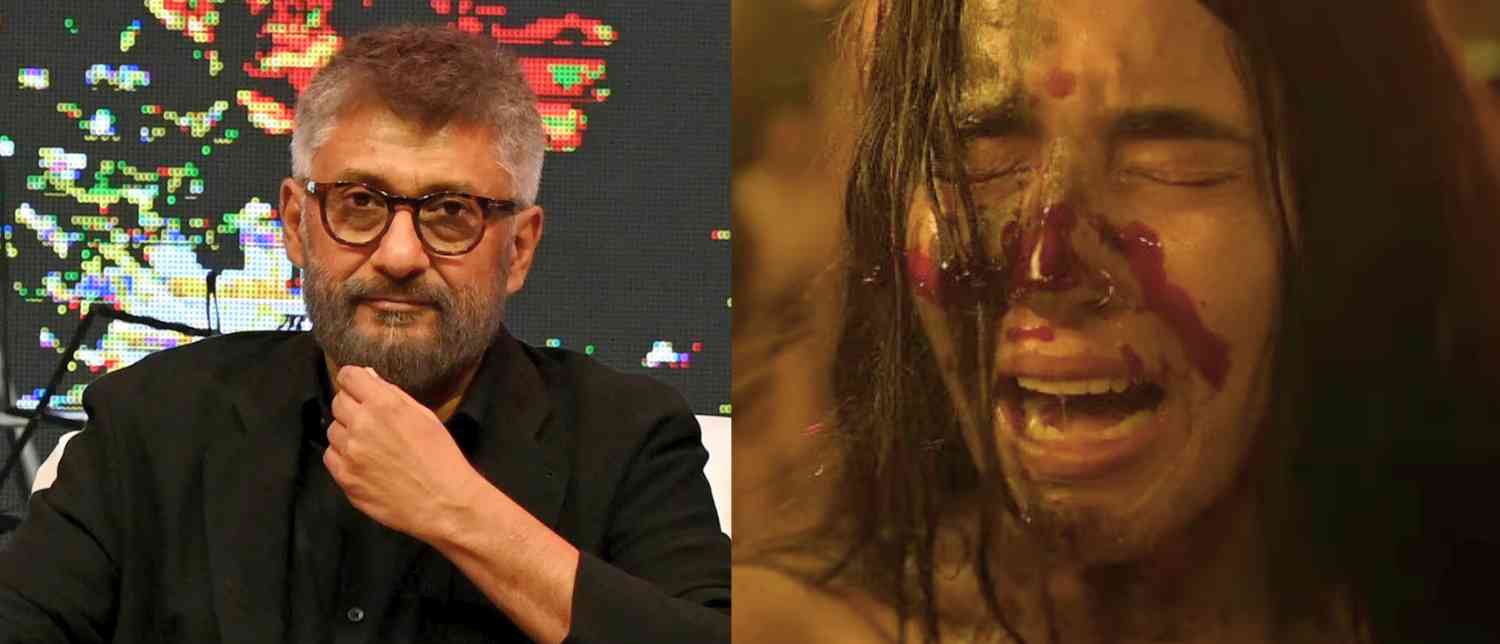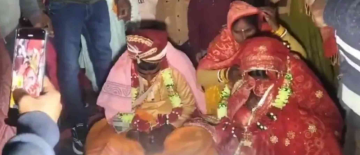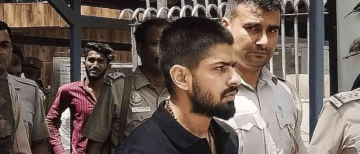Vivek Agnihotri, a well-known filmmaker, is facing controversy over his upcoming film, The Bengal Files. The film, scheduled for release on September 5, 2025, explores the 1946 Calcutta riots triggered by the All-India Muslim League’s call for Direct Action Day. It aims to reveal hidden truths about this historical event, which remains sensitive and emotional for many people in Bengal. However, the film has sparked a backlash in the state, with legal complaints, protests, and disruptions around its promotion.
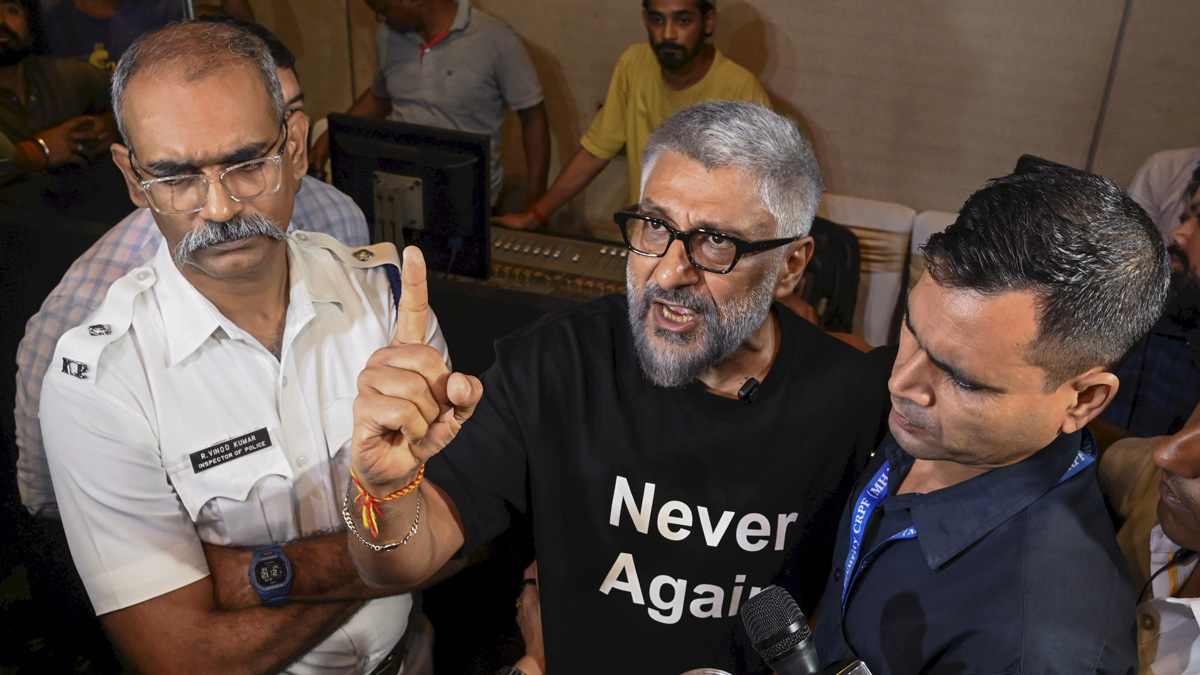
One major reason for the backlash is the portrayal of certain historical figures in the film. The family of Gopal Mukherjee, a Bengali freedom fighter also known as Gopal Patha, has accused Agnihotri of defaming him. Gopal Mukherjee’s grandson has filed a police complaint and sent a legal notice claiming that the film presents his grandfather in a derogatory and inaccurate manner, calling him a “butcher” and suggesting violent acts. The family states that the filmmaker never contacted them for permission or verification before making the film and argues that such portrayal tarnishes the reputation of an important freedom fighter. They have demanded a public apology and legal action against Agnihotri.
The film’s trailer launch in Kolkata was also met with disruptions. The screening event was halted by the police who cited lack of permission as the reason, adding to the controversy. Agnihotri claimed the launch was canceled suddenly, even after attempts to hold it at different venues. He accused the West Bengal government of trying to block the film, which he says is an attempt to suppress the truth and free expression about Bengal’s history. Actress Pallavi Joshi, who stars in the film, criticized the stoppage, questioning the state’s attitude toward freedom of speech and emphasizing the importance of films like this for public awareness.
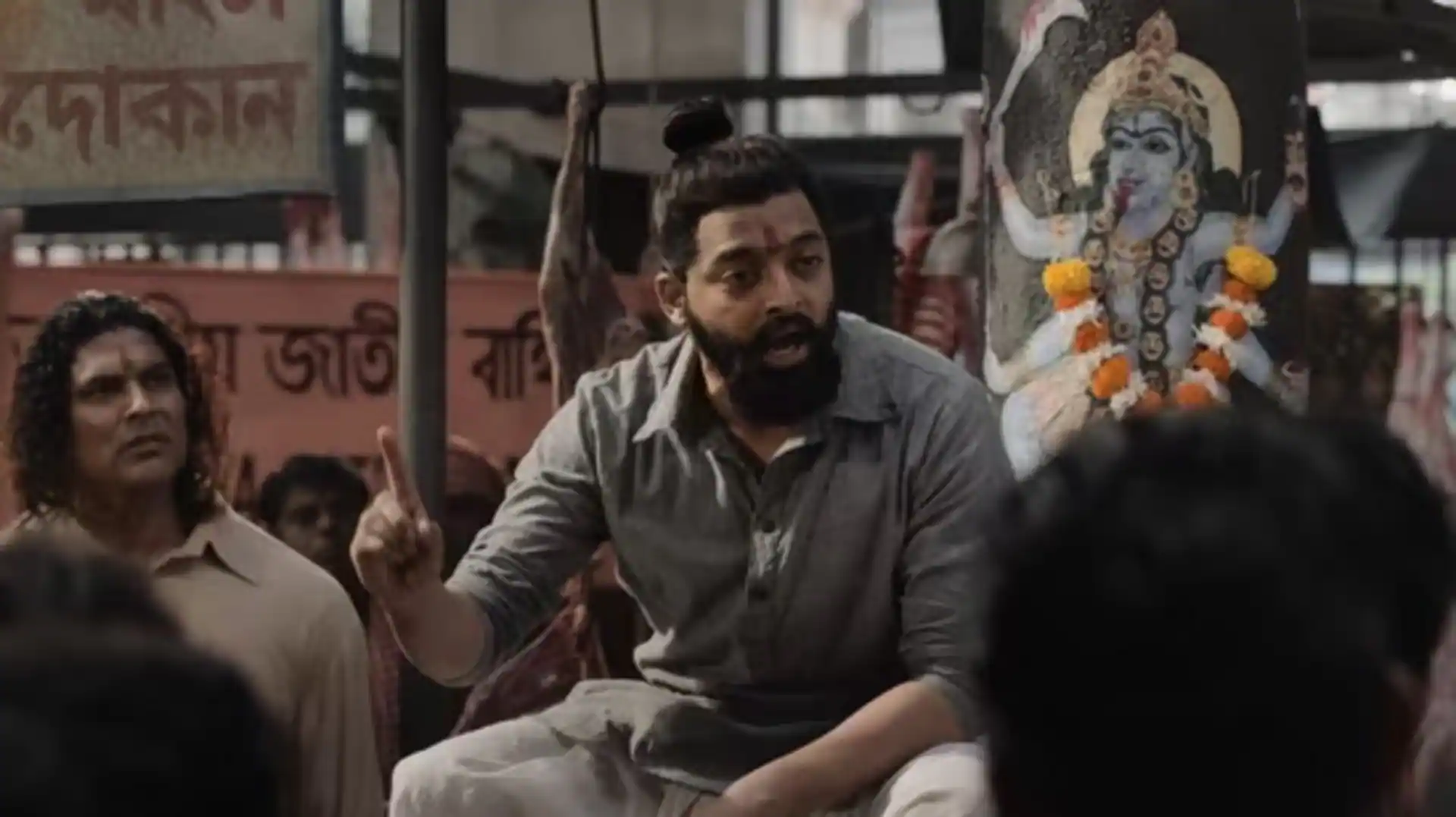
This backlash highlights the complexity of addressing historical events through cinema. Bengal’s history, especially around the 1946 riots and the partition period, is deeply sensitive and touches on communal, political, and emotional nerves. Films like The Bengal Files can serve as tools to question and revisit history, but they also risk offending those who see the portrayal as inaccurate or disrespectful. The divergence in opinions shows the challenge filmmakers face in balancing storytelling with historical facts and sensitivities.
Agnihotri’s insistence on legal action and claiming his film passed censorship without cuts indicates his confidence in the film’s responsible handling of history. However, the opposition from family members of key historical figures and protests in Bengal underscore ongoing disputes about historical interpretation and representation.
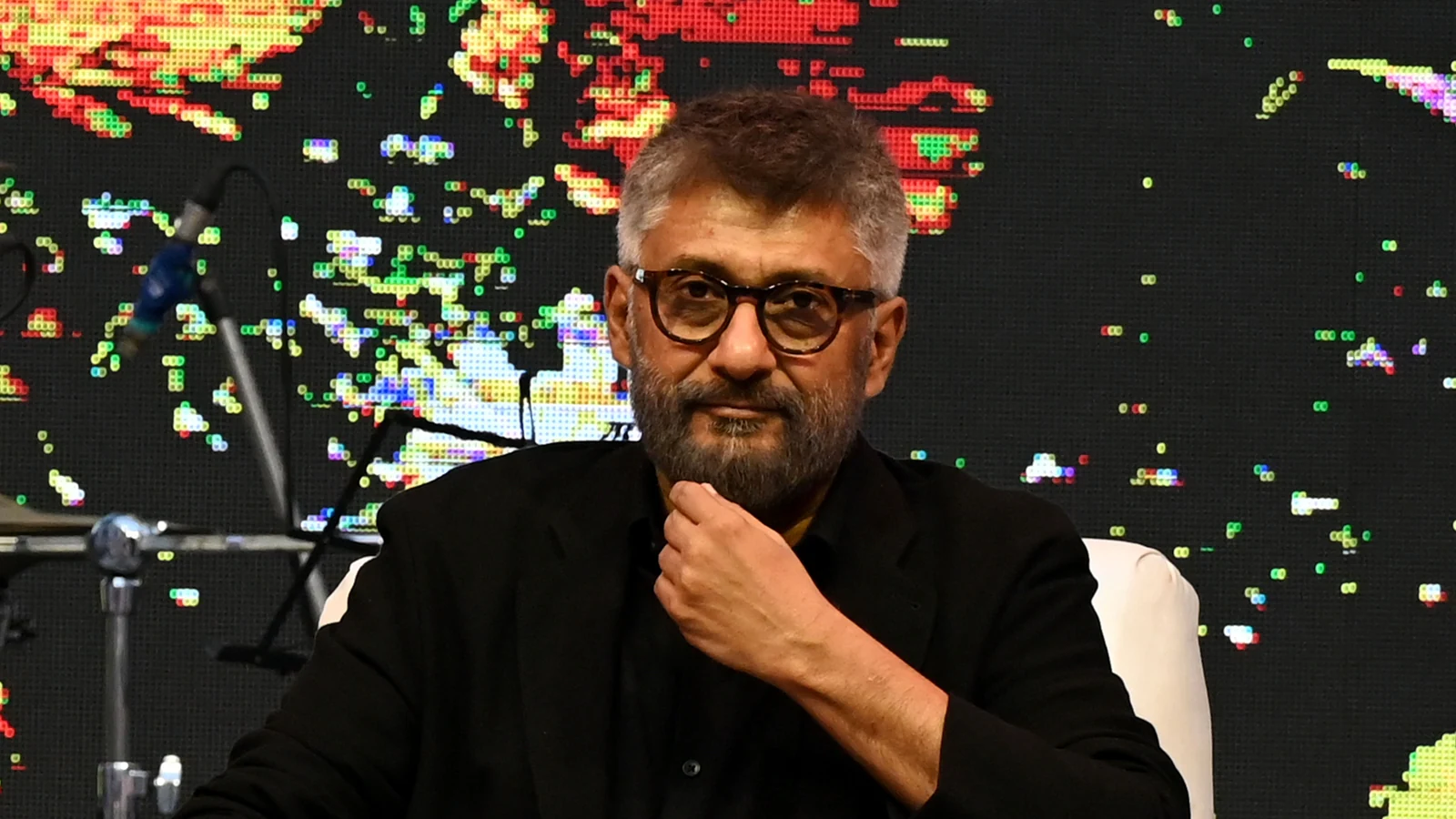
In conclusion, The Bengal Files controversy is about more than just one film. It reflects the broader struggle over how history is told, who gets to tell it, and how communities react to narratives that confront uncomfortable pasts. As the film’s release approaches, it remains to be seen how the filmmakers and the people of Bengal will reconcile these differences and what this says about freedom of expression in the region.
This situation urges viewers to watch such films with a critical but open mind, bearing in mind the multiple perspectives and the emotional significance behind the historical events portrayed.
With inputs from agencies
Image Source: Multiple agencies
© Copyright 2025. All Rights Reserved. Powered by Vygr Media.

